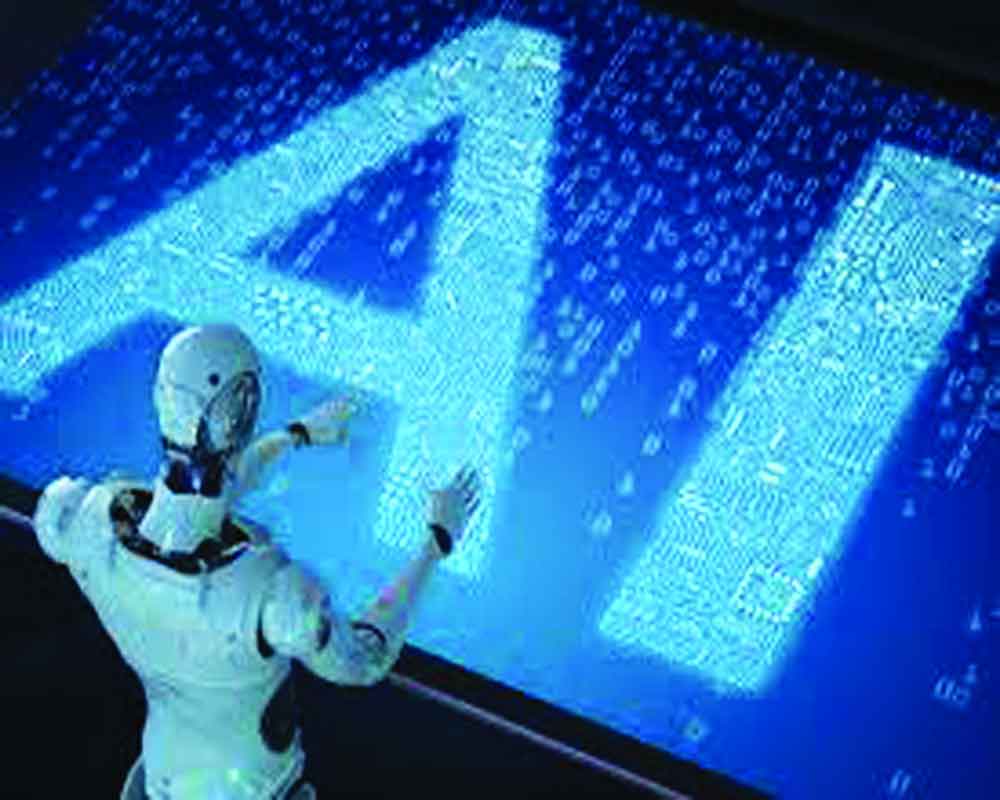AI or Artificial Intelligence is suddenly the global trend. It took almost six decades for AI to become a revolution but it seems it is here to stay. What will then be left of HI or Human Intelligence? A big question that needs to be pondered over. Let us also consider if AI will actually bring the “Robocalypse” as coined by someone too apprehensive of the growing trend of robotisation along with corporatisation and mathematicisation that is becoming an obsession world over. There are two distinct schools of thought on the subject. One school opines that AI will make HI redundant and will replace humans in a big way or rather completely in the long run. The other school, however, the conservative one, believes that the AI is being overhyped and humans will remain in charge. But between these over-enthusiasts and conservatives, there is a reasonable band of opinion which is closer to the truth. AI can only do certain things and not all. Yes the computational ability of AI is much more than the human mind. For that matter even a 500 rupee pocket calculator is much more sophisticated than human mind as far as calculations are concerned. But are human beings only for calculations? Coming to deep learning, it has a much wider band of functions and has the ability to recognise patterns and provide solutions. It is being argued that they can be much better than human beings in making decisions based on interpretation of those patterns. Similarly, they can be much better at taking decisions because they can store, manipulate, infer and disseminate astronomically large quantum of data which is an impossibility for humans. Now comes the crucial question. Do humans take decisions only on be basis of data? Human decisions are a combination of information, emotion and values or else it would have been impossible for the Pandavas to kill Bhishma in the battlefield of Kurukshetra. And for some who may be sceptical about the Mahabharata, there is this story from the Silicon Valley. It was at the Bay Area Leadership Conference at San Francisco on June 15 that this columnist had an opportunity to interact with John Thomson, the Chairman of Microsoft, which is on the forefront of the current AI revolution. In his deliberations John had talked about the qualities that made him recommend Satya Nadella as CEO of Microsoft. But those qualities were not technical or computational skills. They were empathy, sensitivity and the emotional ability. On asking whether those qualities could be engineered in AI, John very candidly replied in the negative. Human nature is beyond the scope of even the most advanced of the algorithms to replicate. In the Indian philosophical thought the supreme quality of humans is the blend of Intelligence Quotient, Emotional Quotient and Morality Quotient. The one word in which this quality can be summed up in Hindi is viveka. Human sensitivities are developed through a long chain of evolution that is a result of a complex interaction of the Biological, the Psychological and the Sociology factors. Interestingly, none of these can be inculcated into the machine through AI. Deep learning, contrary to the popular assumption then, is not all that deep.
Pathak is a professor of management, writer, and an acclaimed public speaker. He can be reached at ppathak.ism@gmail.com


























